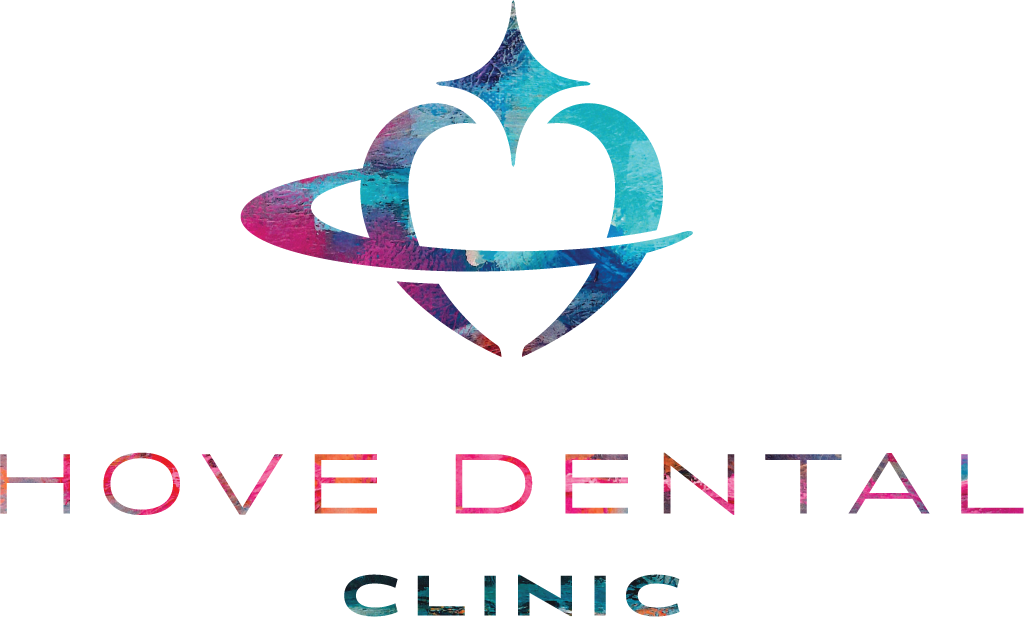What is an Underbite?
An underbite is when the bottom teeth extend forward, giving the appearance that the jaw is pushing outward from the mouth. An underbite can be mild or severe and will require dental treatment to fix, as they rarely fix themselves naturally. Getting treatment is important as complications include mouth breathing, speech problems and tooth decay.
Overbites Vs Underbites
When comparing an overbite vs underbite, remember that the underbite affects teeth on the underside of the mouth and an overbite affects teeth on the topside. A dentist will decide how to fix an overbite, but the following are common treatments:
- Jaw expanders: This correction method achieves proper alignment by putting a frame across your mouth. They work similarly to metal braces in that they are tightened regularly to gradually move the bottom teeth until they stop sticking out. Jaw expanders are suitable for both upper and lower teeth.
- Jaw surgery: In some cases, orthognathic surgery will be necessary to fix an underbite. By using metal plates and screws a dentist can wire the lower and upper jaw so that it fixes the underbite. Surgery is a relatively major treatment and will require a general anaesthetic, so it is usually a final treatment option.
- Reverse-pull face masks: These are similar to braces and involve wearing special headgear for a set time to gradually adjust the jaw. Using reverse-pull face masks is generally good for children who are developing as the growing teeth will naturally be more amenable to movement and will set into position.
Other treatments for an underbite include cosmetic fixes to improve the appearance or add some extra protection for the tooth enamel. An underbite is a type of malocclusion or bad bite, which can affect people both physically and mentally, so you need to fix it to promote both your psychological and oral health.
We are leading providers of many dental treatments and are specialists in delivering services that are suitable for nervous patients. Please feel free to get in touch for the best treatments to fix an underbite in the Brighton and Hove area.
What Are the Causes of an Underbite?
The causes of underbites are largely genetic, which means that they can occur naturally and usually have no preventable cause. Most of the preventable causes of an underbite involve childhood habits that push the developing teeth outward.
Potential causes of an underbite include the following:
- Thumbsucking: Children who suck their thumbs put a lot of pressure on their bottom teeth. When a child is developing, regular pressure on teeth is more likely to cause issues as growing teeth are susceptible to change.
- Pacifiers: Using pacifiers is something many parents consider essential, but it is wise to wean children off of them at a suitable age. Pacifiers cause a similar level of pressure on the teeth as thumb sucking.
- Injuries: Blunt trauma to the jaw can cause the alignment of the teeth to change. Sports injuries in adolescence or adulthood are a common way that people develop overbites. In the case of injury, surgery may be necessary.
You can avoid some of the causes of underbites, but others are unavoidable so there are many people with underbites, overbites and other malocclusions that they cannot stop. Treatment options depend on the cause and severity of the underbite.
What Are the Symptoms of an Underbite?
The symptoms of an underbite are usually self-evident. You can see a mild underbite in the dentist chair and severe underbites are visible on most people, especially when they smile or talk. A jaw that juts out is the main visual sign of an underbite.
The main symptoms of an underbite include the following:
- Pain: A misaligned jaw can cause pain or mild discomfort. The pain may be constant and develop over time or be more severe during certain activities such as eating and speaking. Tooth decay from underbites also causes pain.
- Difficulty biting: If a jaw is sufficiently misaligned it can cause a person great difficulty while chewing. Teeth need to mesh together to work properly so the symptoms of an underbite are sometimes more apparent during meals.
- Speech problems: A key symptom of an underbite is difficulty speaking. With the teeth in the wrong position, it can be harder to shape the mouth correctly to make certain words and the tongue may also move poorly.
Speech problems are a particularly important symptom for children as parents can confuse speech difficulties with learning and developmental issues or a child simply learning to talk. Symptoms of mild underbites may also be undetectable to a person.
Underbites Explained
Underbites can happen because of genetics and certain habits during childhood, the main symptoms include the appearance of an extended jaw and pain or discomfort, especially while eating or drinking. Treatments to fix an underbite include jaw expanders, face masks and surgery in the most severe cases.
As experts in delivering first-class dental treatments, we are a good source of information on underbites. You can get treatment for an underbite in the Brighton and Hove area at our clinic, where staff are specialised in providing treatments for nervous patients and offer excellent care.
01273 900933
hello@hovedentalclinic.co.uk
Mon – Fri: 8:30 – 18:00
Sat: By appointment only
Sun: Closed





















